June 01, 2023 | News | Research Visit
Population and Social Data Science Summer Incubator Program 2023
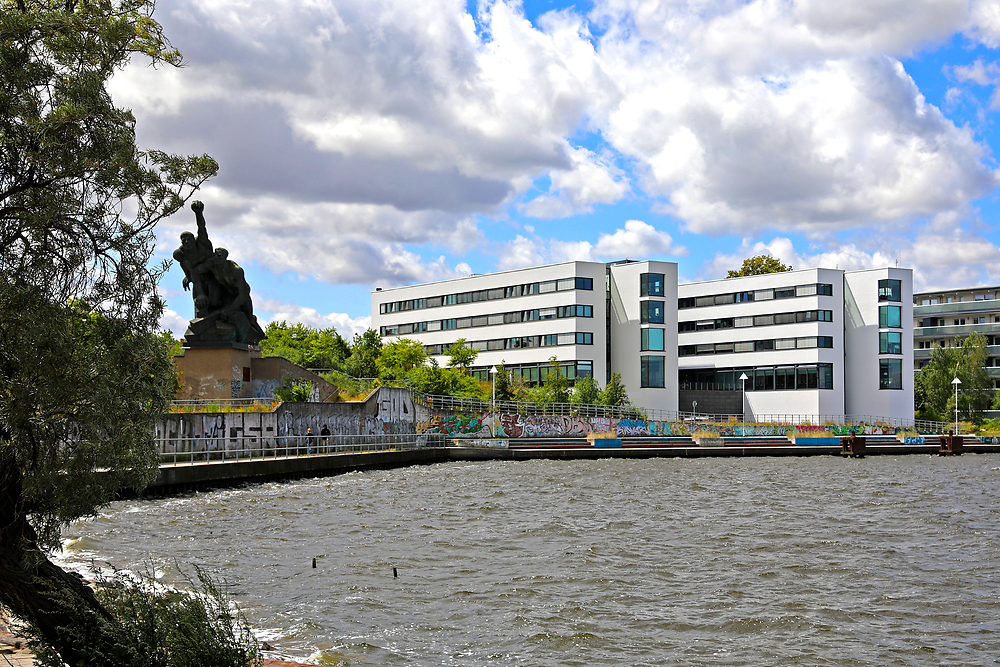
© MPIDR
The Max Planck Institute for Demographic Research (MPIDR) is organizing the Population and Social Data Science Summer Incubator Program, a three-month research visit (from June 1 – August 25, 2023) for a diverse group of PhD students.
The goal of the Summer Incubator Program is to enable discovery by bringing together data scientists and population scientists from around the world to work on focused, intensive and collaborative projects of broad societal relevance.
Participating students will work in two small teams, with support from experienced mentors, towards a common research goal. The 2023 Incubator Program is coordinated and mentored by Aliakbar Akbaritabar, Diego Alburez-Gutierrez, Monica Alexander (University of Toronto and Max Planck Sabbatical Awardee), Ugofilippo Basellini and Emilio Zagheni. The program focuses on forecasting and crowd-sourced data, including concepts spanning demography, ancestry, and the future of the global academic workforce.
Participating students will be exposed to best practices across social and data sciences while contributing to a hands-on project experience. All participants will also have access to lectures and participate in other scientific activities happening at the MPIDR.
Mentors
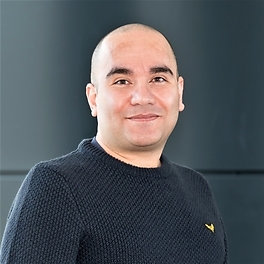
© MPIDR/Wilhelm
Aliakbar Akbaritabar is a research scientist and the deputy head for training in the Department of Digital and Computational Demography at MPIDR. Ali holds a PhD in economic sociology and labor studies from the University of Milan, and a PhD in sociology (social welfare) from the Allameh Tabataba'i University of Tehran. His work focuses on themes related (but not limited) to science of science, scholarly migration, social networks, collaboration networks, and computational social science.

© MPIDR/Wilhelm
Diego Alburez-Gutierrez leads the Kinship Inequalities Research Group at the Max Planck Institute for Demographic Research (MPIDR). Diego is best known for his work combining mathematical demography with simulations and innovative data sources to study demographic and family dynamics. He received his PhD in Demography and Population Studies (2018) from the London School of Economics and Political Science (LSE). Diego is a recipient of multiple awards, most recently the British Society for Population Studies’ Early Career Award in 2022.

© private
Monica Alexander is an Assistant Professor in Statistical Sciences and Sociology at the University of Toronto. Her research focuses on developing statistical methods to help measure disparities in demographic and health outcomes. She received a PhD in Demography and a Master in Statistics from the University of California, Berkeley. She has worked on research projects with organizations such as UNICEF, UNHCR, and the World Health Organization. Her work has appeared in journals such as Demography, Epidemiology, The Lancet Global Health, and JAMA.

© MPIDR
Ugofilippo Basellini is a Research Scientist and the Deputy Head of the Laboratory of Population Dynamics and Sustainable Well-Being at the Max Planck Institute for Demographic Research. His main research interests are related to statistical demography, with a particular focus on mortality modelling and forecasting, lifespan inequality and formal demographic methods for the study of mortality.
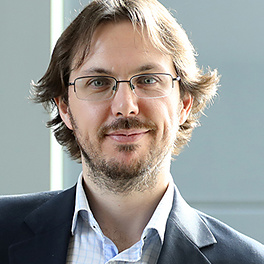
© MPIDR
Emilio Zagheni is Director of the Max Planck Institute for Demographic Research. He is best known for his research on combining digital trace data, traditional sources, and new forms of data collection, within solid statistical and formal demographic frameworks, in order to advance population science. In his various professional capacities, he has played a key role in favoring collaboration and exchange between demographers, statisticians and computer scientists.
Statistical Advisor

© private
Michael Chong is a doctoral student in the Department of Statistical Sciences at the University of Toronto. His research aims to develop statistical models and methods for using unreliable data in demography and global health. He is interested in adressing issues like unrepresentativeness and comparability of data, and has worked on topics ranging from maternal mortality, timing of stillbirths, to using non-traditional data sources.
Participating Students

© private
Ignacio Carrasco is a PhD student in the Department of Political and Social Sciences at Pompeu Fabra University (UPF). He works on three interconnected areas of migration research: labor market integration; dynamics of remittance behavior; and underpinning of migration rates. His research uses complementary methods such as event history analysis and social simulation. Ignacio holds a Master in Demography from Stockholm University and a Master in Migration Management from UPF.
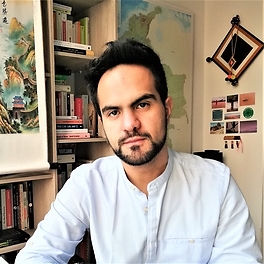
© jdcs_photo
Julián D. Cortés is a PhD student at the Engineering School at Universidad de Los Andes, Colombia. His work lies at the intersection between science of science, business-management research, and innovation studies in low- and middle-income countries. He uses both theoretical and methodological frameworks from science of science and network science to study the structure of knowledge production including scientific publications and patents.

© private
Julie Sojin Kim is a PhD student at the Institute of Health Metrics and Evaluation (IHME) at the University of Washington. Her research interests center around population projections, small-area estimation, and international development. For her doctoral research, she is working on 1) developing fertility forecast models including subnational projections and 2) investigating the effects of family policies on population structure in low-fertility settings.

© private
Meagan Lauber is a PhD student at Boston University studying computational neuroscience. Her research leverages machine learning and computer vision to diagnose patients at high risk of developing Alzheimer's disease using MRI and other imaging data, and is funded by the National Science Foundation Graduate Research Fellowship.
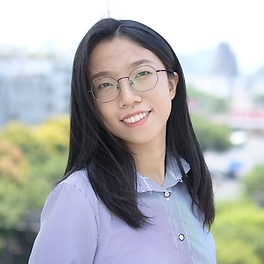
© private
Yuqi Liang is a PhD student at the Department of Sociology at the University of Oxford. As a computational social scientist, her broad research interests lie in utilizing novel methods, such as network analysis, biological evolutionary techniques, and machine learning, to understand social and economic inequality. Her PhD project is about bridging the gender gap in the sector of information and communication technology in developing economies.

© private
Duke Mwedzi is a PhD student in Development Studies at Cornell University. His research interests are in human capital, youth development, and education policy in Southern Africa. He is particularly interested in the capacity for computational methods to support social research in data scarce contexts. He holds a BA (Hons.) in Sociology from Rhodes University.
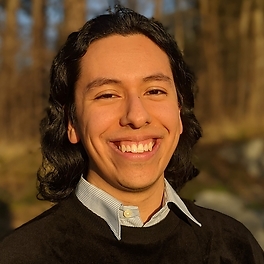
© private
Orlando Olaya Bucaro is a PhD Student in Demography at the University of Vienna and a researcher at the International Institute for Applied Systems Analysis (IIASA). Orlando's main research interest is multidimensional population projections with a focus on using innovative data to improve and extend population projection models. More specifically, subnational projections and human capital projections are of particular interest to him. He holds a M.Sc. in Demography from Stockholm University, Sweden.

© private
Elena Maria Pojman is a dual-title PhD student in Sociology and Demography at the Pennsylvania State University. Her research focuses broadly on how gender, racial-ethnic, and economic inequalities shape time use and consumption. She uses a variety of quantitative and demographic methods to study the strategies same- and different-gender couples use to address their work-family demands, as well as the intergenerational processes driving stratification between families.

© private
Samvardhan Vishnoi is a doctoral candidate in Physics at Northwestern University. His interests include complex systems modeling. Currently his research focuses on applied math techniques to model urban statistics such as crime and arrest rates.

© private
Stephanie Zhang is an incoming PhD student in Sociology at UCLA. She received her BA this past May from the University of Virginia in Mathematics and Sociology, where she also worked as a research assistant with the Biocomplexity Institute. Stephanie’s research is focused on the intersection of technology, statistics, knowledge and culture, and computational approaches to administrative and novel sources of digital data.